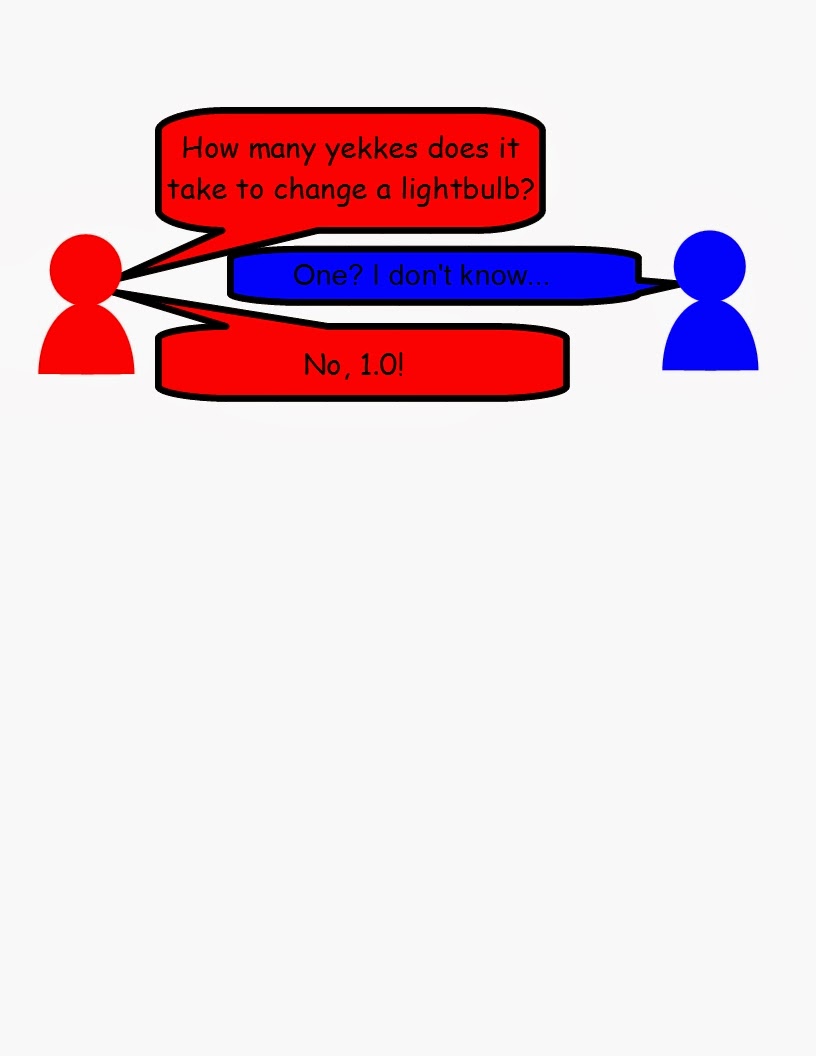I saw an irritating commercial for health insurance the other day. There was an adorable shot of two people holding hands, while the voice-over intoned, "Do you need to know the hundreds of muscles involved in how two hands connect?" A second rhetorical question asked whether one needs to understand light's refraction to enjoy a rainbow. The ostensible message of the commercial is that you don't really need to know science or understand things, but that it's better just to enjoy life. In particular, I suppose, that you should go ahead and rely blindly on this health-insurance company.
Smart people know that understanding vs. appreciation is a false dichotomy. In contrast, people have more capacity to appreciate aesthetics when they have background knowledge. Non-controversial examples of this are architectural tours explaining history and structure of cathedrals, or the recent cookbook trend with lots of food science included.
In contrast, that annoying commercial relied on people fearing that others with unshared background knowledge might make them feel left out - as sometimes happens when nerdy-physics-types like me aren't careful to self-censor. :) The fabulous CBS comedy Big Bang Theory relies on set-ups like this for much of its content.
In college, I took a great seminar on "Humor". My then-BF (now DH) teased me that it was "How to kill a joke". But actually, just as understanding poetic structure helps people appreciate Shakespeare, and just as understanding physics helps viewers of the health insurance commercial appreciate that rainbow, understanding the nature of jokes definitely made them even more funny to the kids in the class.
Specifically, I did my seminar project on "in-humor," which is humor within a sub-group of people who enjoy it more because it relies on shared understanding. This can be a joke specifically geared toward a sub-culture:
 |
cartoon courtesy of Crown Prince - thanks, Akiva!! For explanation: yekke definition
|
Or in-humor can be my favorite type, i.e. where the jokester subtly sets up shared understanding among his/her listeners. The best recent example of this that I saw was in vlogbrother's "50 more jokes in four minutes" - he sets it up for the well-known set of Elephant Jokes (link goes to the relevant part, at 1:34).
Aside from these jokes' whimsicality, and their charming background (elephant jokes were developed among children who found ways of controlling the large, uncontrollable forces in their lives by embodying them in foolishly-behaving elephants), these jokes are my favorite because they are clean and funny and build community connection among joke participants.
Of course, the best elephant joke for a physics nerd would have to be the following:
 |
cartoon courtesy of Crown Prince - thanks, Akiva!!
|
No comments:
Post a Comment